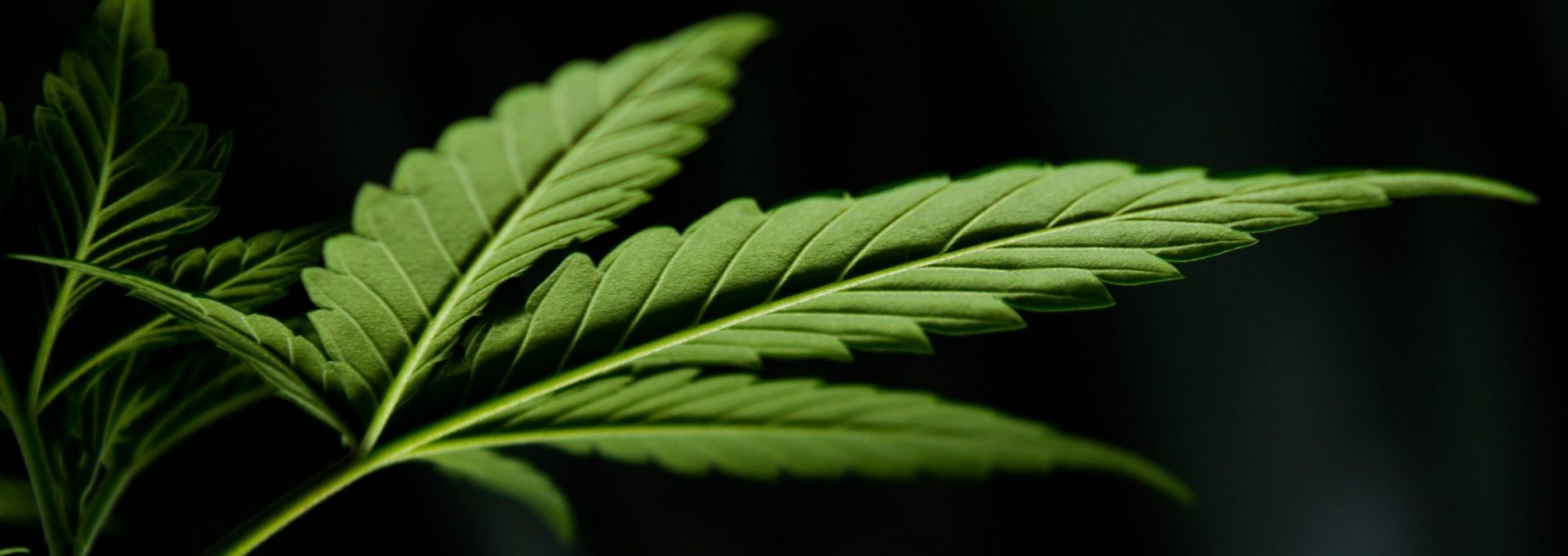In news that has gone international, very quickly, even in mainstream news like AP, legendary American rapper and cannabis entrepreneur Snoop Dogg just announced he is giving up “smoke” via social media.
The news comes just a week after a new “cannabis adjacent” product was released, bearing his name (according to AP which also did not name it and Fortune, which did). Not to mention another glowing article published about two weeks ago in Ganjapreneur about his new lines of edibles and other infused treats.
Within the cyber community, the buzz was already circulating that this was a shrewd PR move tied to a commercial reason, no matter how much the star has so far refrained from doing anything than withdrawing for enough time to spike lots of interest, citing family reasons.
Keep in mind also that this is Thanksgiving Week in the US. The entire country shuts down and hits the highway or the airport to travel long distances to celebrate the mass genocide of American Indians by consuming large quantities of turkey and trimmings with their loved ones. Or at least biologically similiar human beings. From a media perspective, this is precisely the kind of story that does well.
As of yesterday, however, USA Today finally cleared up the the confusion. The rapper was actually promoting a smokeless fire pit brand as its official “smokesman.” News of the collaboration, however, was announced at 4:20 pm EDT. Certainly an auspicious time (remember 420 is a code for cannabis which itself is drawn from the date April 20, global weed day).
Interestingly, Stern, a German press outlet, also covered the issue although instantly also identifying it as another clever PR gag. Snoop has invested in (at least) two German cannabis companies to date, and at least one Canadian firm that hit the German market early (Canopy Growth). For those who do not know, his name recognition is huge here for another reason. Namely,, the German market for American rap is huge, even the kind that is too outrageous to be aired in the US.
That said, other German media, keen for a cannabis story no matter the slant, have taken up the story with the same “serious” angle. For example, this story from Welt.de, a mainstream media outlet, also just published an article entitled (translated from German) “US Rapper and Well Known Cannabis User Snoop Dogg will Give up Smoking.”
Clickbait in many languages. Particularly given how timely the entire matter is politically.
Why Should You Care?
For Snoop fans, obviously this is big news, but what about the rest of us? What does this tell us about anything related to the cannabis industry?
The first interesting issue of course is that the rapper has continued to invest in the vertical, no matter how much money he almost has certainly lost by investing in at least certain parts of the industry. Maybe he just sees it all as a marketing expense, more generally, and if so, perhaps pays off. For lesser mortals, following his trail has not been quite so lucrative.
Impact Aus Deutsch?
However, beyond this, it is also clear that the association with rap and this industry is certainly here to stay. It is a trend that has emerged from North America and is certainly having its own impact within certain demographics. Notably those focused on recreational products and the giant branding discussion. And, as a result of how reform is moving in Germany at least, largely meaningless.
Here is why. So far, both in the medical market and what is widely expected to become law by April 1 (not April 20th) next year, the government has gone out of its way to kill the entire branding discussion. On the medical side, cannabis is repackaged (as required by law) by pharmacists who also put the name of the distributor and the strain on the label. No advertising is allowed although websites with the names of cannabis flower and where they can be obtained from are in fact, finally showing up in the German landscape. This in and of itself can be considered a form of “advertising,” which many within the industry are still very leery of. Even after cannabis is essentially rescheduled next year, there will be issues.
On the “recreational” side, such as it is, entrepreneurs of all stripes and nationalities will also have a hard time building brands in an environment which is being set up as a nonprofit and where so far products are off the table. But who knows? Maybe the erstwhile cannabis clubs will come up with strategies to boost revenue (like selling equipment and other “cannabis adjacent” merchandising.)
Regardless, for the mainstream at least, it is a reminder of just how strange this entire industry actually is. And that is not going to change any time soon.









